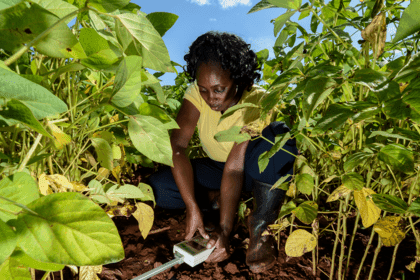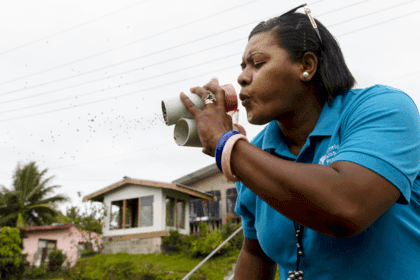
Contents
We want a healthier future for everyone. That's why we fund research across the world, and work across policy and engagement so that our work can have impact and improve health.
Our programmes
People we fund generate new knowledge about life, health and wellbeing. Discoveries made today will transform health in ways we can't yet imagine. That's why our outlook is broad, from cells to societies, physical sciences to engaging with the public.
To achieve all of this, our work focuses on five programmes.
Major initiatives
Our contributions to these initiatives are designed to give researchers around the world the tools, technologies and thriving research environments to make ground-breaking discoveries that will advance health.
Our approach
Funding research
We fund research around the world, across a broad range of fields and disciplines, to understand life, health and wellbeing and to deliver equitable health solutions.
Advocating for policy change
We work with governments, communities and partners across the world to promote evidence-based policies and practices that improve health.
Engaging with people
We connect people with different experiences and expertise so that research can lead to a positive impact in communities affected by health challenges.
Our impact so far

Wellcome Annual Report 2025
Our annual report highlights the impact we're having on our mission of supporting science to solve the urgent health challenges facing everyone, as well as information about how we are funded and what we spent in the last financial year.
Our work in the year 2024/25
Our strategy
Our strategy is also supported by our approach to equity and sustainability.













